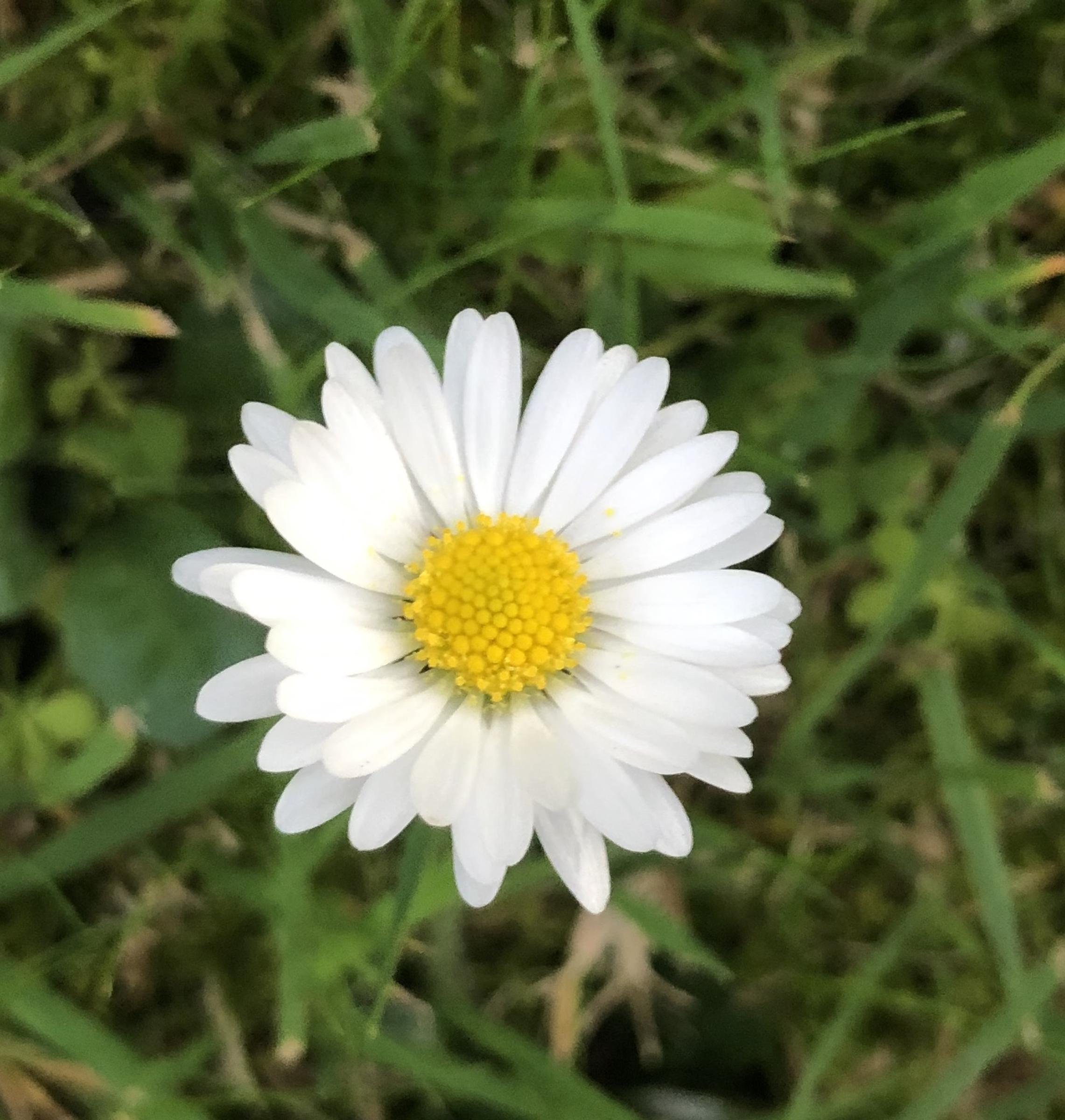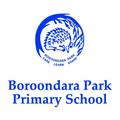The Principal's Report

Congratulations Ashok
We were excited to learn that one of our students is travelling to Spain in December to participate in the World Futsal Championships.
Congratulations Ashok who is vice captain of his Australian side. We wish him safe travels and the best of luck in the championships.
Grade 3 Camp
Well done to all of the staff and volunteer parents who attended Year 3 camp to Phillip Island last week.
All reports are that it was an exciting camp, with plenty of activities and experiences for our students.
Thank you to Roslyn, Ray, Julie, Tessa, KJ, Bron, Evan, Andrew and Vivian for the care and time you put into making this such a great camp.
Reading aloud to children
We are never too old to be read to, I still love being read to, although there is very little opportunity in my life as an adult for this to occur. Visiting classrooms enables me to hear teachers reading picture books to their class or sharing the latest pages of the novel they are all reading together.
In our busy lives it is important for us all to remember the impact and power of reading to children.
It is never too early to start reading to your child. I hope this information is useful, along with the Tips for Literacy and Numeracy previously shared through the newsletter.
Reading and story telling with babies and young children
Speak to your child in the language you know best
From DET website -
You are your child’s first and most important teacher.
It's very important that you speak, read and write with your child in your home language: the language you know best.
Doing this will help them:
- learn at school
- build their identity and culture
- learn English.
It can take your child some time to learn English after their first language. Your child will not be disadvantaged if they don't speak English at home.
How to use the language you know best
Here are some ways you can speak, read and write with your child in your home language:
- Sing, talk, play number games and read to your child in your home language.
- Speak your home language during family trips and celebrations.
- Speak to your child in your home language even if your child replies in English. This is so they can hear the differences between the two languages.
- Help your child with their homework in your home language. This will help them build skills at school. For example, if they learn maths in your language, they will understand how to do this in English.
The benefits of being bilingual
If you speak, read and write with your child in your home language, you are helping them become bilingual. Bilingual means they can speak more than one language.
Being bilingual has many benefits. It:
- promotes growth in the brain. This helps your child think more creatively and solve problems more easily.
- builds English literacy. This helps your child become a better reader, listener and speaker.
- improves memory, concentration and numeracy
- builds your child's sense of identity and their connection to family, community and culture.
Bilingual children tend to have higher scores in maths, reading and vocabulary tests.
Being bilingual also creates many opportunities for your child later in life when they start a career.
It's important to keep speaking, reading and writing with your child in your home language.
Parenting anxious children
This week I am sharing an article from Parenting Ideas about tips for parenting anxious kids, hoping it is of assistance to some of you. It runs through:
- explaining anxiety
- responding with empathy
- show the amygdala they are safe
- practice mindfulness - the antidote to worrying
- practice defusing sticky thoughts
- get the fundamentals right
2020 Parent Contributions
A reminder that we have sent home the Parent Contributions letter for 2020. Our Finance Team and School Council work to ensure that the contributions are not a financial burden to our families, considering this there is very little increase for the 2020 school year.
Payments will be taken from December 1st and book packs can be collected from the office after the payment has been received. You can choose to pay cash, cheque or credit card at the office and then a book pack will be given to you.
If you are paying by BPay or direct deposit into the Bank account, after payment has been received and reconciled the book pack will be sent home with the student. Please allow a few days for this to occur.
You will also be able to to pay and pick up book packs on Tuesday 28th January 2020 from 8.30am to 3pm from the Office.
Is your child leaving BPPS?
Please take a minute to fill in the Google Form if your child will not be returning to Boroondara Park PS in 2020. We will then contact you and arrange details. All students have a Victorian Student Number - the VSN is taken from school to school, if your child is moving to another State school then we will provide details to the new school. Thank you for taking the time to complete the form.
Leaving Boroondara Park PS in 2020
Susanne Lowe
Principal
